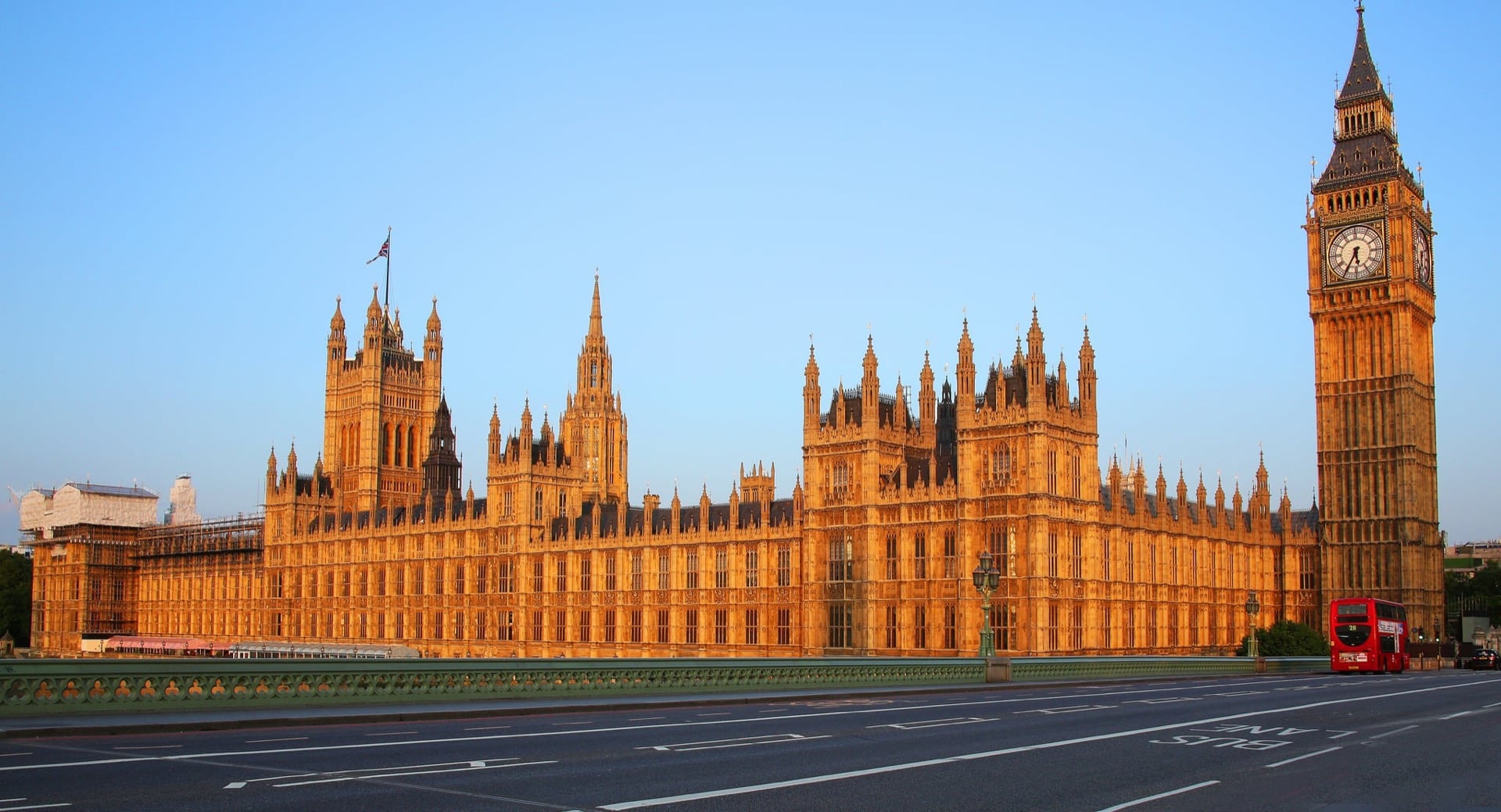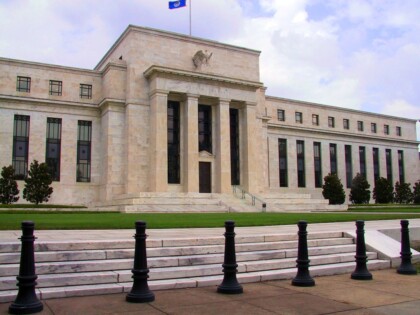
A generally positive report from the UK Treasury stresses applying anti-money laundering (AML) regulations to digital currency exchanges while endorsing greater capital support from banks. The report’s release is in conjunction with today’s annual budget speech by the Chancellor of the Exchequer.
This report is the first attempt by the British government to deal with digital currency’s regulatory and consumer safety issues.
Despite its stress on AML, the report views digital currencies as having tremendous upside as a payment method, acknowledging that many expressed concerns represent the issues and risks associated with any developing technology The report is enthusiastic about digital currencies, noting their potential as a payments method.
It says:
The government considers that digital currencies represent an interesting development in payments technology … the potential advantages are clearest for purposes such as micro-payments and cross-border transactions.
Despite that positive spin, applying AML legislation to digital currency exchanges is the report’s most significant announcement.
Legislation after consultation
HM Treasury will not propose AML legislation for digital currency exchanges unilaterally, but will brainstorm with digital currency companies and consumers in what the report calls a “full consultation” early in the next Parliament. That means there will be no action until after May 7th, the date of the next UK election. The new parliamentary year starts shortly thereafter.
Issues like determining which entities will be subject to regulation and which agencies should be in charge are to be key questions during this consultation, as will developing tools to counter digital currency’s use in crime.
Such steps, according to the report, will “support innovation.” The digital currency industry’s association with crime is often cited as a reason for its difficulty in raising capital. Regulation, according to the report, will counter that image and make British digital currency companies more attractive to banks and other financiers, helping the industry “flourish.”
The Treasury report answers a call for information on digital currencies dated last November. That call, the report says, drew over 120 responses from digital currency companies, banks, payments firms, academics and other government departments and agencies. The respondents included three banks: HSBC, the Royal Bank of Scotland and Citi.
Funding for regulatory sandbox and research
Another release from HM Treasury announces that a cooperative effort with the financial services regulator, the Financial Conduct Authority, and the Prudential Regulatory Authority to build a “regulatory sandbox” for financial technology companies. The sandbox will allow entrepreneurs to test ideas in a less regulated environment, using customers who give their “informed consent.”
The report does not limit its recommendations to regulation. It earmarks £10m for digital currency research by publicly funded Research Councils, the Alan Turing Institute, a new government-funded organisation that will investigate “big data,” and Digital Catapult, a non-profit that develops data-sharing projects that aid small businesses.
Lessening the risks of digital currency use, including security, price volatility, and the threat of exchange insolvency or fraud motivates the report’s other major research initiative: developing a set of industry “best practices.” This “pioneering” set of standards will represent a joint effort by HM Treasury and the British Standards Institution (BSI) and the digital currency private-sector. The BSI is the UK’s National Standards Body.
The group’s recommendations will not be binding, but voluntary compliance is supposed to lessen consumer risk and result in a smaller regulatory burden for the digital currency industry.
The full report can be read here.
Image via Flickr by Rennett Stowe







